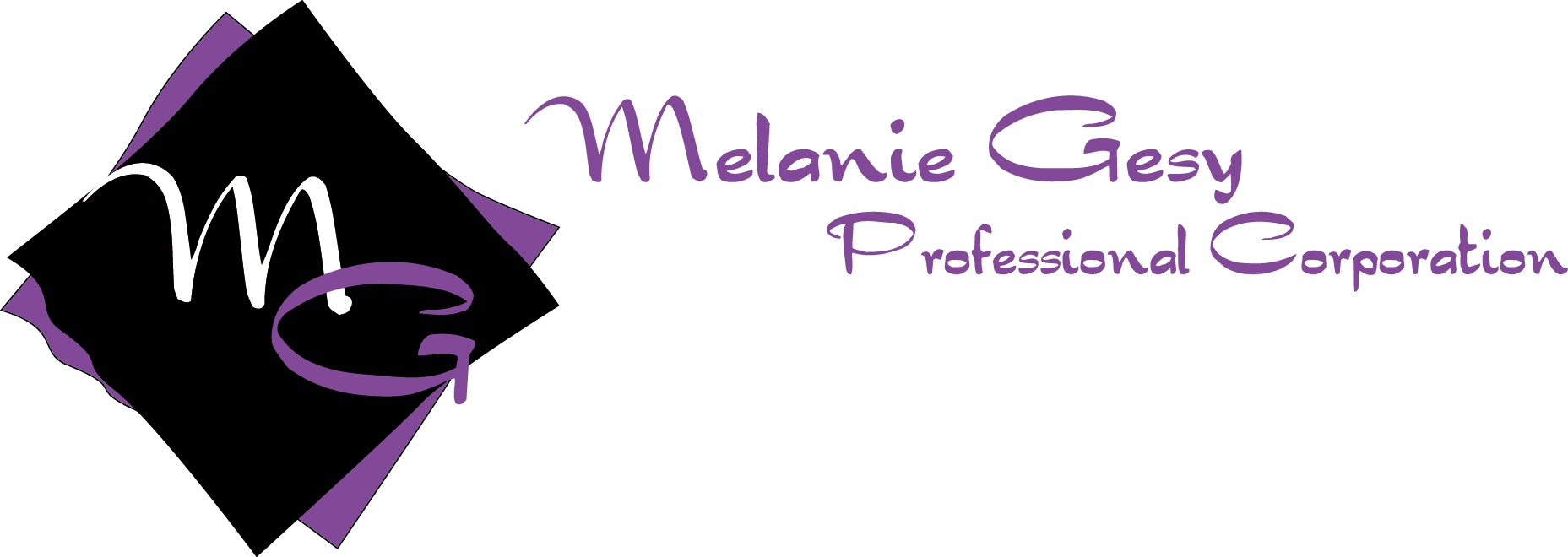MELANIE GESY NEWS

10 ways your business can reduce taxes.
Small strategies to pay less.
Why pay more taxes than you need to?
As a business owner in Canada, understanding the nuances of the tax system is crucial to effectively managing your financial resources. By employing strategic tax-saving techniques, you can minimize your tax liability and free up funds for growth, innovation, and investments.
1. Know Your Tax Deductions:
A solid grasp of eligible business expenses is fundamental to lowering your taxable income. Common deductible expenses include rent, utilities, employee salaries, office supplies, advertising, and professional fees. Keeping meticulous records of these expenses throughout the year can substantially reduce your tax burden.
2. Take Advantage of Capital Cost Allowance (CCA):
The Capital Cost Allowance is a tax deduction that allows businesses to recover the cost of capital assets, such as machinery, equipment, and vehicles, over a period of time. By properly classifying and calculating CCA, you can spread out the tax impact of these significant purchases and save money in the long run.
3. Consider Incorporation:
Incorporating your business can provide various tax advantages. For instance, Canadian Controlled Private Corporations (CCPCs) can benefit from the small business tax rate, which is lower than the personal tax rate. Additionally, corporations can access certain tax credits and deductions that aren't available to sole proprietors.
4. Leverage Tax Credits:
Canada offers a range of tax credits designed to stimulate economic growth and innovation. Research and Development (R&D) tax credits, for example, reward businesses for investing in innovation. By conducting qualifying R&D activities, you can reduce your tax liability while advancing your business's technological capabilities.
5. Split Income Strategically:
Income splitting involves distributing income among family members in lower tax brackets. While recent tax changes have restricted this practice, there are still opportunities to split income in certain cases, such as hiring family members for legitimate roles within the business.
6. Hire Apprentices and Co-op Students:
The Apprenticeship Job Creation Tax Credit and the Co-operative Education Tax Credit encourage businesses to hire apprentices and co-op students. Not only do these programs support the development of a skilled workforce, but they also provide businesses with tax incentives.
7. Maximize Pension Contributions:
Contributions to retirement savings plans, such as Registered Retirement Savings Plans (RRSPs) and Registered Pension Plans (RPPs), are tax-deductible. By making the most of these contribution limits, you can reduce your taxable income and secure your financial future.
8. Explore International Tax Treaties:
If your business conducts international transactions, be sure to understand the tax treaties Canada has with other countries. These treaties can prevent double taxation and provide opportunities for optimizing your tax liability across borders.
9. Keep Abreast of Tax Law Changes:
Tax regulations are subject to change, and staying informed about updates can help you adapt your strategies accordingly. Consult with tax professionals, attend seminars, and follow reputable tax publications to ensure you're up-to-date with the latest developments.
10. Seek Professional Guidance:
Navigating the intricate landscape of business taxation in Canada can be complex. Enlisting the services of a qualified tax advisor or accountant can provide personalized insights and recommendations tailored to your business's unique circumstances.
Reducing your business taxes requires a combination of strategic planning, understanding tax laws, and making informed financial decisions. By maximizing deductions, taking advantage of available credits, and staying informed, you can minimize your tax burden while positioning your business for long-term success and growth. Always remember that tax strategies should align with your business goals and adhere to legal and ethical guidelines.
For more help with these tax tips, give me a call at 780-995-5236 to discuss your financial strategies.

